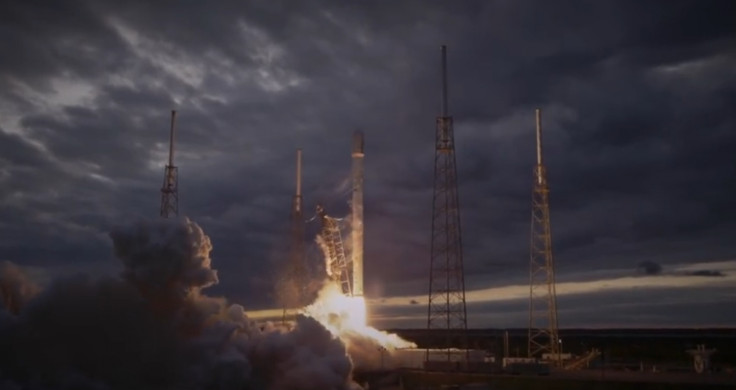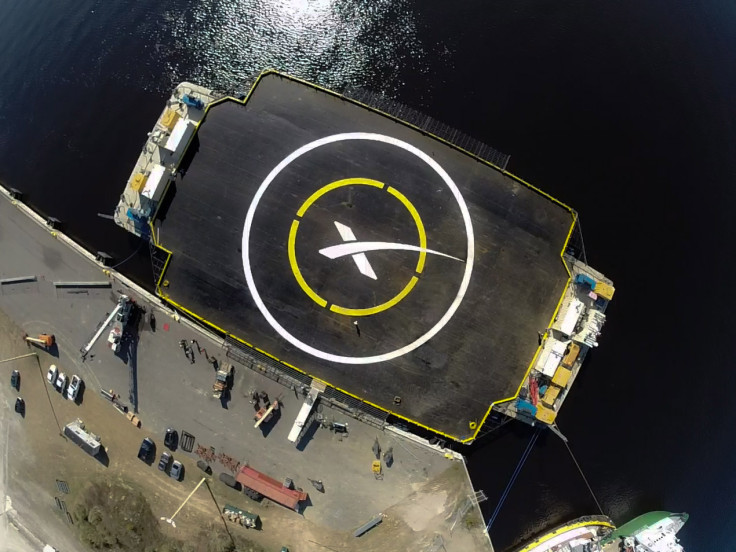SpaceX Falcon 9 rocket launches cargo into space, suffers 'hard landing'
Director Elon Musk's verdict of failed landing: 'Close, but no cigar'

An unmanned rocket, that launched vital cargo into orbit for the International Space Station, narrowly missed landing safely aboard a floating platform moored in the ocean off Florida's coast.
Designed and built by SpaceX on behalf of Nasa, it had been hoped that Falcon 9's launcher would land safely, so it could be reused in future missions, potentially cutting the cost of sending rockets into orbit.
Rocket made it to drone spaceport ship, but landed hard. Close, but no cigar this time. Bodes well for the future tho.
— Elon Musk (@elonmusk) January 10, 2015"Rocket made it to drone spaceport ship, but landed hard. Close, but no cigar this time. Bodes well for the future tho," tweeted SpaceX chief executive Elon Musk.
The launcher successfully carried a 2,300kg load of food, supplies and equipment into orbit. The cargo is due to dock with the International Space Station (ISS) on Monday.
It is thought the launcher landed on the floating platform, moored 200km (125 miles) off Jacksonville, Florida, but crashed on impact.
"Ship itself is fine. Some of the support equipment on the deck will need to be replaced," tweeted Musk. A ship nearby tried to film the

A ship nearby tried to film the attempt, but conditions were dark and foggy. "Didn't get good landing/impact video," he added. "Pitch dark and foggy. Will piece it together from telemetry and... actual pieces."
"Didn't get good landing/impact video," he added. "Pitch dark and foggy. Will piece it together from telemetry and… actual pieces."
The fact that the launcher landed in the vicinity of the 100m wide touchdown pad is an incredible achievement.
SpaceX's plan to provide reusable rocket launchers potentially has a major impact on future space technology.
SpaceX was one of two companies selected by Nasa to carry supplies to the ISS following the retirement of the Space Shuttle in 2011. This weekend's launch was the fifth of 12 planned deliveries to the $100bn (£66.27bn) space station by the company.
The other company selected by Nasa, Orbital Sciences Corp, was sidelined following the explosion of its Antares rocket moments after launch on 28 October 2014.
© Copyright IBTimes 2025. All rights reserved.






















